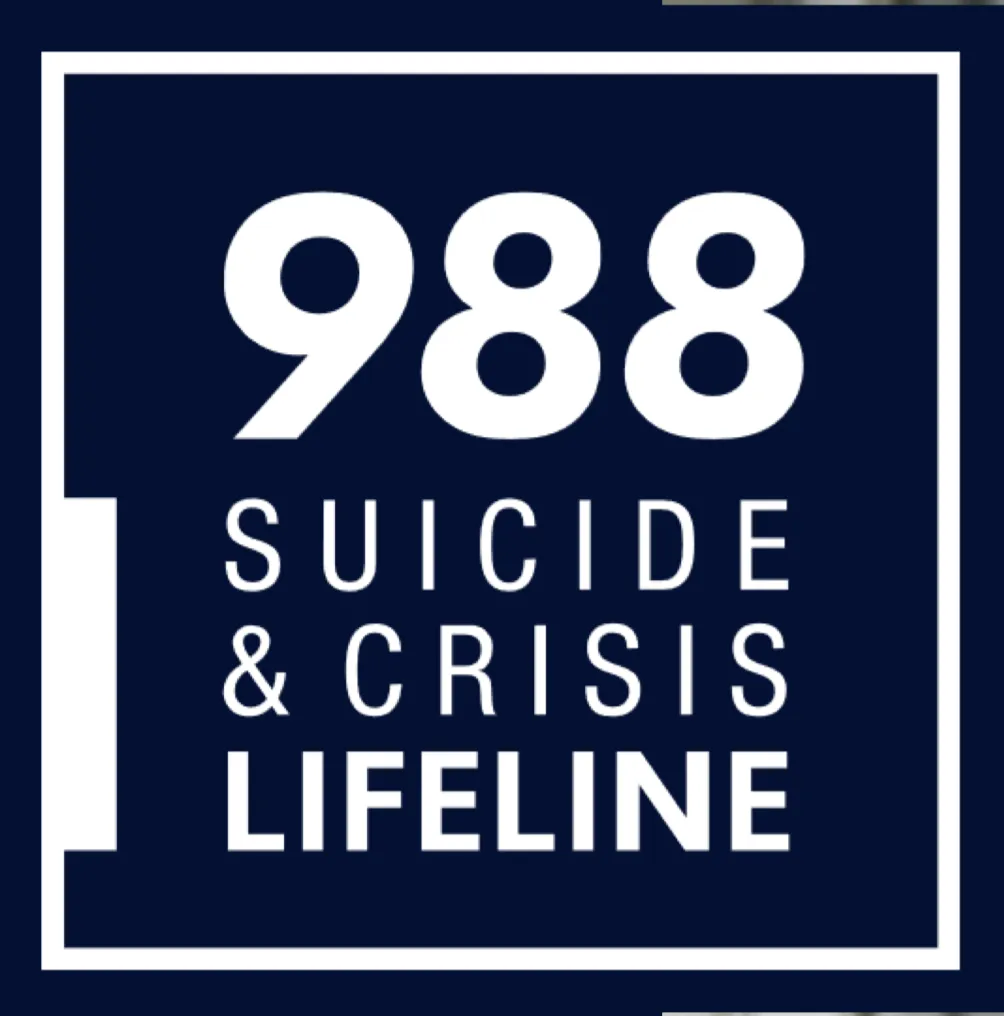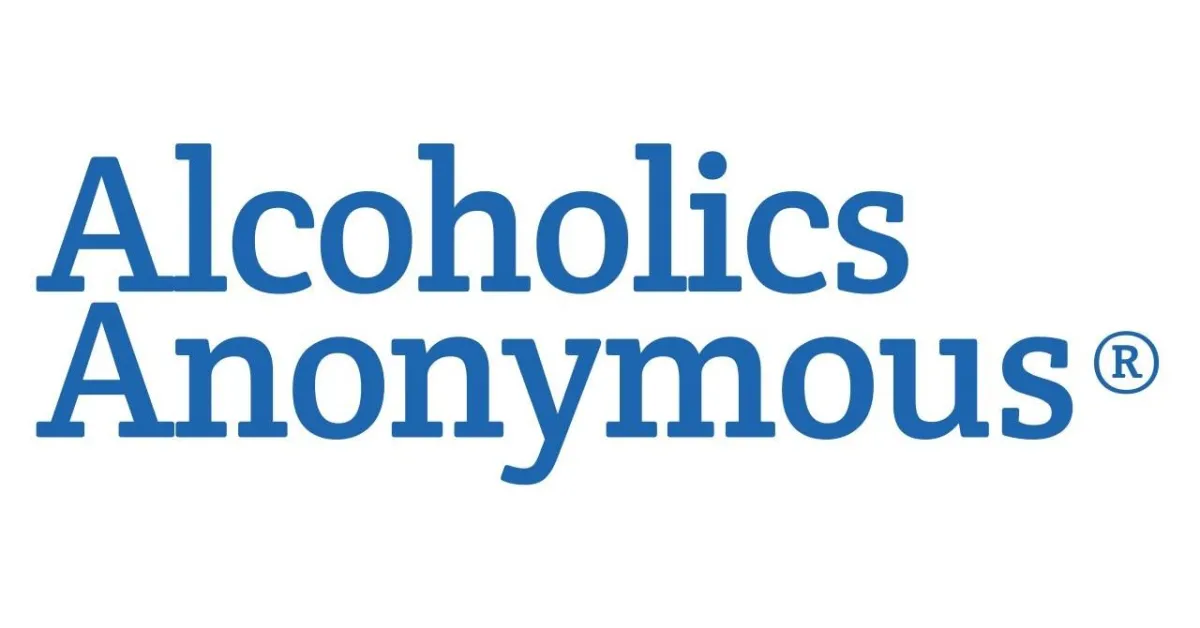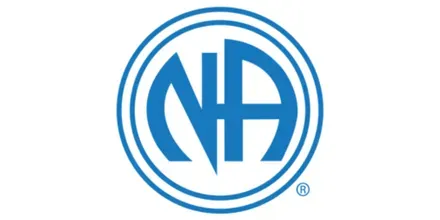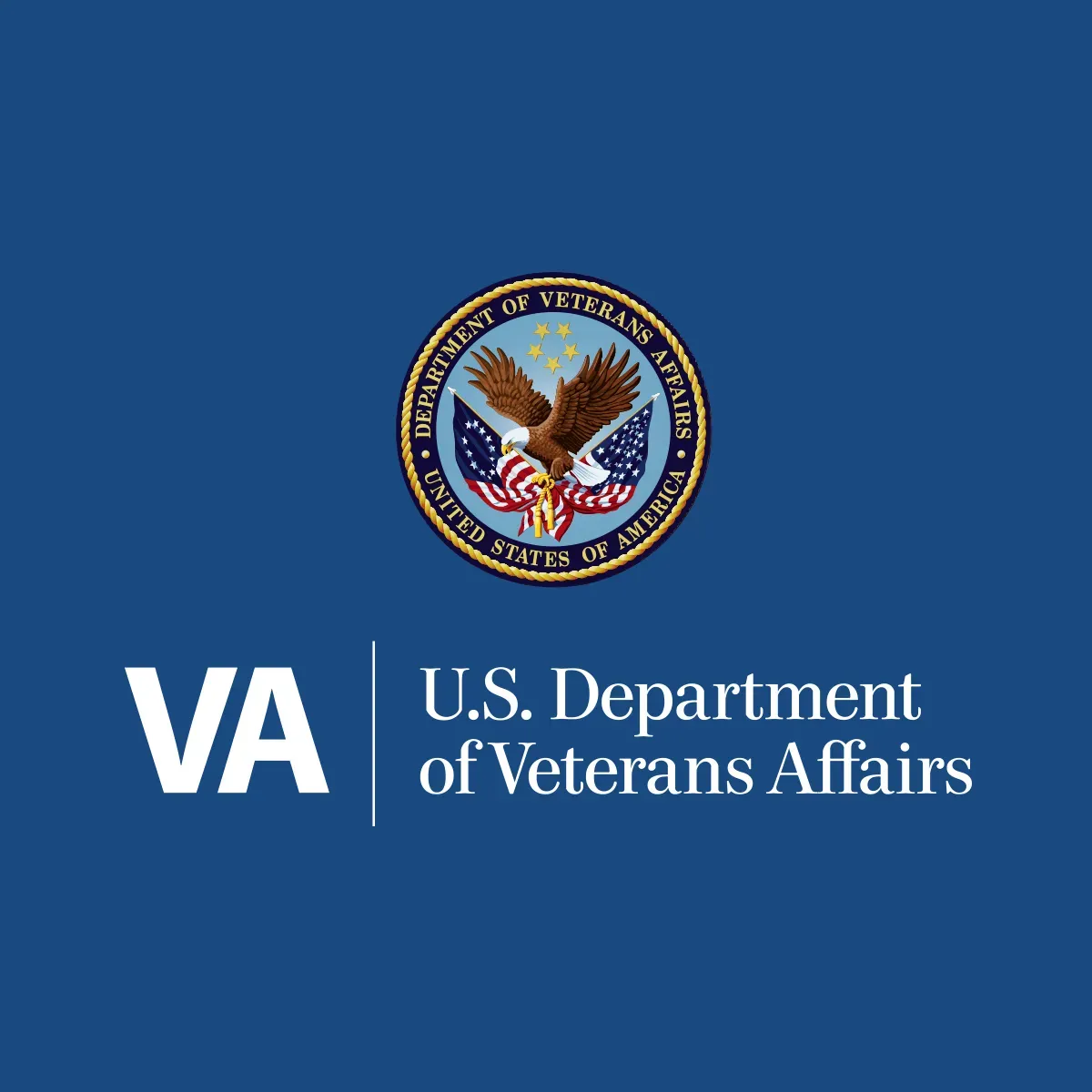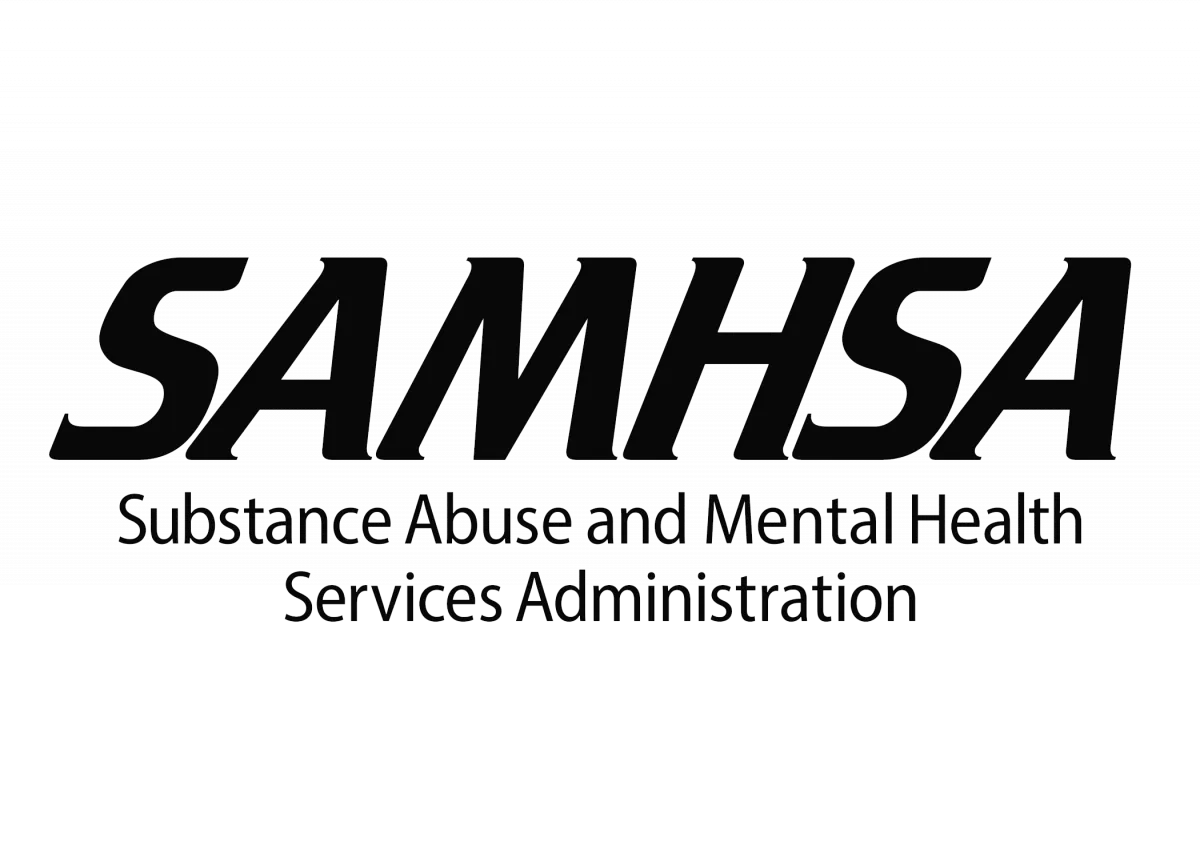FAQS
How does life coaching differ from therapy?
While both life coaching and therapy aim to support personal growth, they have distinct approaches. Therapy typically focuses on addressing past traumas, emotional healing, and diagnosing mental health conditions. On the other hand, life coaching is forward-focused, centered around setting and achieving goals, enhancing performance, and unlocking potential. If you're seeking to overcome specific challenges from your past, therapy might be more suitable. If you're looking to create a roadmap for personal or professional success, life coaching could be the right fit.
How often are coaching sessions conducted?
Coaching sessions frequency can vary based on your needs and preferences. Typically, we recommend starting with weekly sessions to establish momentum and make consistent progress. As you gain confidence and traction towards your goals, sessions might transition to bi-weekly or monthly. The flexibility of our approach ensures that the coaching frequency adapts to your evolving requirements, ensuring optimal support and accountability.
What if I'm unsure about my goals and direction?
It's completely normal to feel uncertain about your goals and direction. Our coaching process begins with an initial assessment where we'll work together to clarify your aspirations, values, and priorities. Through insightful questioning and exploration, we'll collaboratively uncover your passions and potential areas for growth. If you're not entirely sure about your goals, our coaching can help you gain clarity and chart a course that aligns with your authentic self. Remember, the journey towards clarity is an integral part of the coaching process itself.
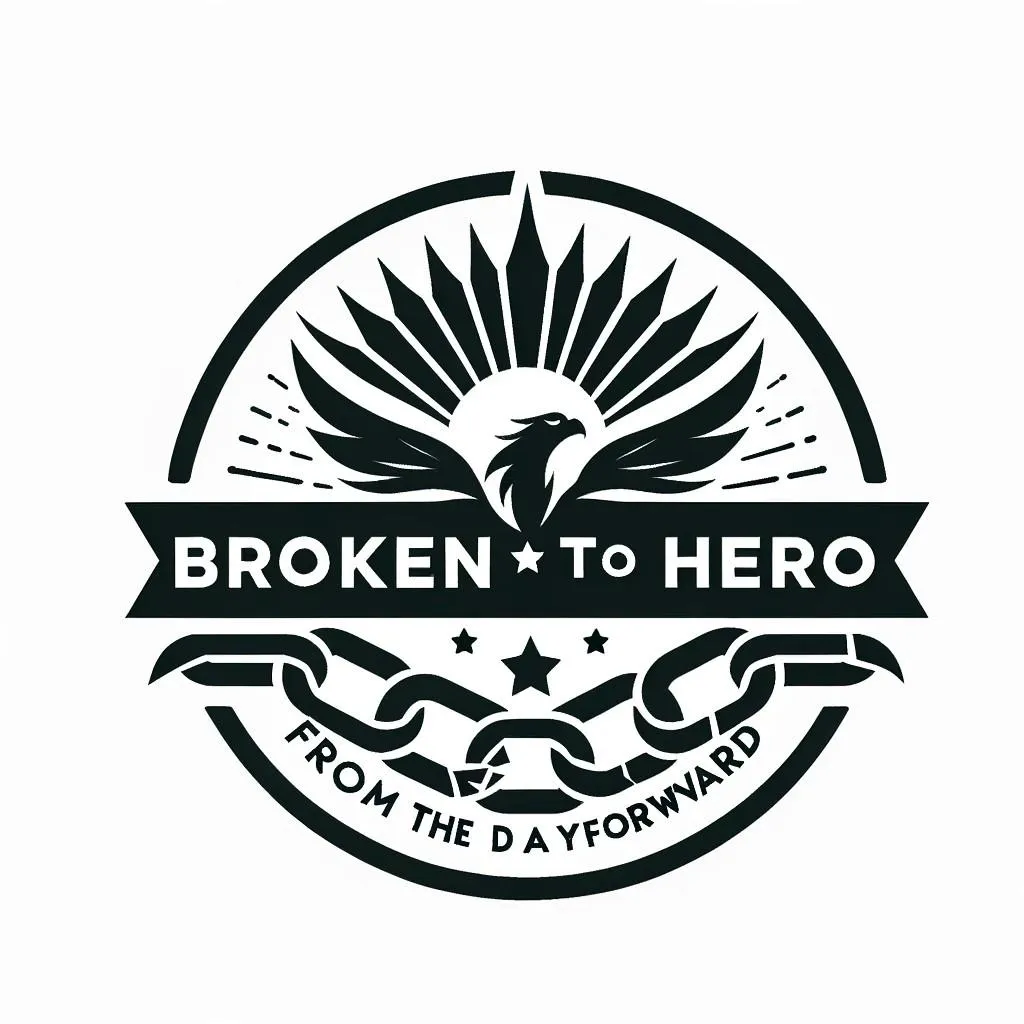
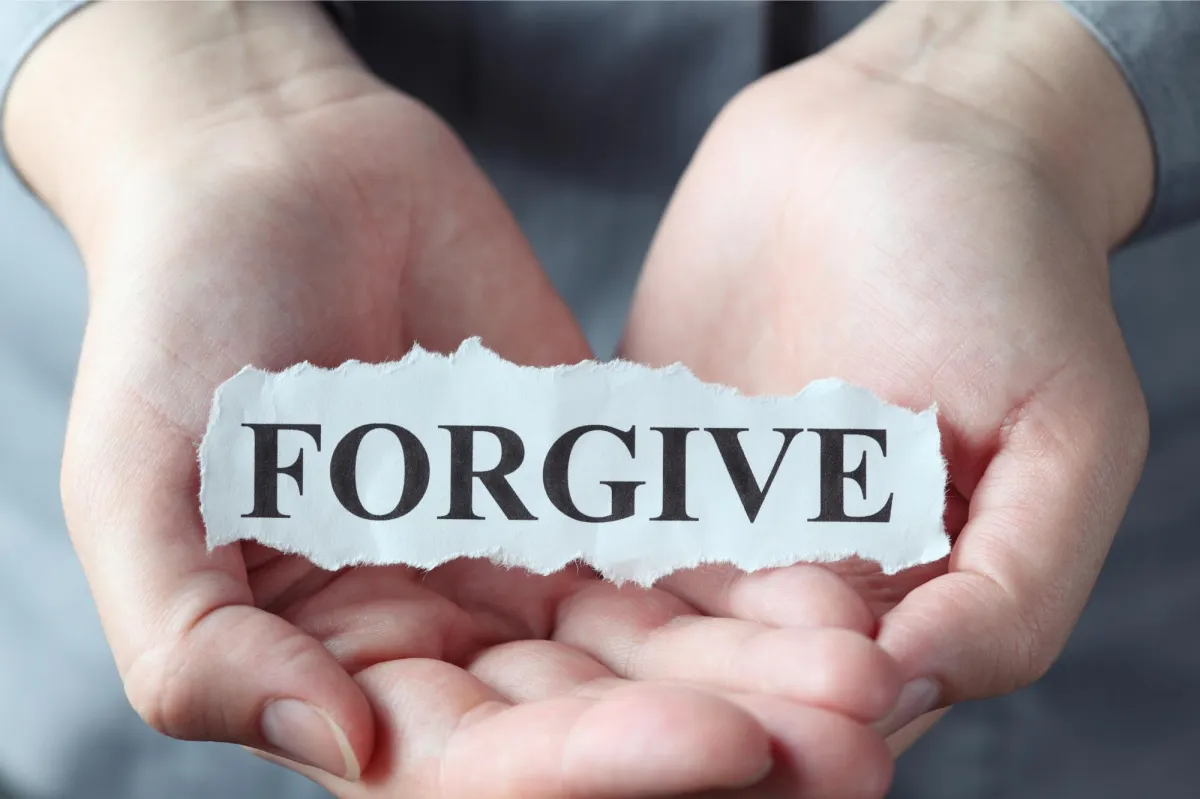
Forgiveness
Forgiveness is crucial for personal healing and growth, as it allows individuals to release the burden of resentment and anger, fostering emotional and mental well-being. By letting go of past grievances, one can experience a sense of liberation and inner peace, which is essential for moving forward in life. Forgiveness also plays a vital role in rebuilding relationships and cultivating empathy, compassion, and understanding. It enhances self-esteem by encouraging self-compassion and the recognition of one's own humanity and fallibility. Ultimately, forgiveness is a transformative practice that not only heals the individual but also creates a ripple effect of positivity and reconciliation in their relationships and communities.
Why Forgiveness is Important

Forgiveness can be a powerful tool in the recovery process for several reasons:
1. Emotional Healing
• Reduces Resentment and Anger: Holding onto resentment and anger can be toxic, exacerbating stress and negative emotions. Forgiving others and oneself can alleviate these feelings, creating emotional space for healing.
• Enhances Self-Esteem: Forgiving oneself for past mistakes or behaviors associated with addiction can help rebuild self-esteem and self-worth, which are often damaged during active addiction.
2. Mental Clarity and Focus
• Decreases Mental Burden: Carrying grudges or guilt can be mentally exhausting. Letting go through forgiveness can free up mental energy and focus, allowing individuals to concentrate more on their recovery journey.
• Improves Decision-Making: A clearer mind leads to better decision-making, which is crucial in navigating the challenges of recovery and avoiding relapse.
3. Improved Relationships
• Rebuilding Trust: Forgiving others and seeking forgiveness can mend strained relationships with family, friends, and peers, providing a supportive network essential for sustained recovery.
• Promotes Compassion and Empathy: Forgiveness fosters a sense of compassion and empathy towards oneself and others, contributing to healthier and more supportive interpersonal relationships.
4. Physical Health Benefits
• Reduces Stress: Chronic stress can have numerous negative effects on physical health. Forgiveness can reduce stress levels, lowering the risk of stress-related health issues.
• Improves Sleep: Letting go of grudges and guilt can lead to better sleep, which is vital for physical and mental health, particularly during recovery.
5. Spiritual Growth
• Sense of Peace: Forgiveness can lead to a sense of inner peace and spiritual growth, helping individuals find a deeper sense of purpose and meaning in their lives.
• Alignment with Recovery Programs: Many recovery programs, like those based on the 12-step model, emphasize the importance of making amends and forgiving oneself and others as part of the recovery process.
6. Resilience and Coping Skills
• Builds Resilience: The act of forgiveness can build emotional resilience, making it easier to cope with future challenges and setbacks in recovery.
• Encourages a Growth Mindset: Forgiveness promotes a growth mindset, where individuals view their mistakes as opportunities for learning and personal growth, rather than sources of perpetual guilt or shame.
In summary, forgiveness can be a transformative practice in recovery, fostering emotional, mental, physical, and spiritual well-being. It helps individuals move past their past, rebuild relationships, and develop a healthier, more balanced approach to life.
Steps to Forgiveness

Forgiveness is a process that can take time and effort. Here are the key steps to forgiveness:
1. Acknowledge the Hurt
• Identify the Pain: Recognize and accept that you have been hurt or wronged. This is the first step in understanding the impact of the event on your emotions and life.
• Express Your Feelings: Allow yourself to feel the emotions associated with the hurt. It's important to process these feelings instead of suppressing them.
2. Understand the Impact
• Reflect on the Experience: Consider how the hurt has affected you emotionally, mentally, and physically. Understanding the depth of the impact can help in the forgiveness process.
• Assess the Consequences: Think about how the event has influenced your behavior, relationships, and overall well-being.
3. Decide to Forgive
• Make a Conscious Choice: Decide that you are ready to forgive. This decision is crucial and often the most challenging step.
• Commit to the Process: Understand that forgiveness is a journey and may require time and patience.
4. Empathize with the Offender
• Try to Understand Their Perspective: Consider the circumstances and motivations that may have led the other person to hurt you. This doesn't excuse their behavior but can foster empathy.
• Recognize Human Fallibility: Acknowledge that everyone makes mistakes and that the offender is also human and capable of error.
5. Let Go of Resentment
• Release Negative Emotions: Actively work on letting go of anger, bitterness, and resentment. This might involve deep breathing, meditation, or other relaxation techniques.
• Focus on the Present: Redirect your focus from past grievances to the present moment, which can help in reducing the emotional burden.
6. Communicate Your Forgiveness
• Express Forgiveness (if appropriate): If it feels right and safe, communicate your forgiveness to the person who hurt you. This can be done in person, through a letter, or any way that feels comfortable.
• Set Boundaries: If necessary, set healthy boundaries to protect yourself from future harm while still maintaining forgiveness.
7. Forgive Yourself
• Acknowledge Your Role: If applicable, recognize and forgive yourself for any part you may have played in the situation.
• Practice Self-Compassion: Be kind to yourself and understand that everyone makes mistakes. Self-forgiveness is essential for overall emotional health.
8. Seek Support
• Talk to Someone You Trust: Sharing your feelings with a trusted friend, family member, or therapist can provide support and perspective.
• Join a Support Group: Consider joining a support group where you can share your experiences and learn from others who are also working on forgiveness.
9. Practice Forgiveness Regularly
• Make Forgiveness a Habit: Incorporate forgiveness into your daily life as a regular practice, not just a one-time event.
• Reflect and Adjust: Periodically reflect on your progress and make adjustments as needed to continue the process of forgiveness.
10. Celebrate Your Growth
• Acknowledge Your Progress: Recognize and celebrate the milestones and progress you have made in your forgiveness journey.
• Embrace the Positive Changes: Notice the positive changes in your emotional and mental well-being as a result of forgiveness.
Forgiveness is a deeply personal process that varies from person to person. It's important to be patient with yourself and allow the process to unfold naturally.
Available Help
988 Suicide and Crisis Lifeline We can all help prevent suicide. The 988 Lifeline provides 24/7, free and confidential support for people in distress, prevention and crisis resources for you or your loved ones, and best practices for professionals in the United States.
Find A.A. Near You This website does not contain a meeting finder. Contact one of the A.A. resources below for a meeting list in that location and the surrounding area.
The Online Intergroup of Alcoholics Anonymous, or OIAA, is an International service organization established in accordance with the Ninth Tradition of Alcoholics Anonymous A.A., specifically for the purpose of assisting online.
All of the efforts of Narcotics Anonymous are inspired by the primary purpose of our groups. Upon this common ground we stand committed.
Marijuana Anonymous is a simple program based on one addict helping another.
A simple, supportive approach to mental health care. Find a therapist who fits your needs and takes your insurance.
The United States Department of Veterans Affairs is a Cabinet-level executive branch department of the federal government charged with providing lifelong healthcare services to eligible military veterans at the 170 VA medical centers and outpatient clinics located throughout the country.
NAMI is the National Alliance on Mental Illness, the nation’s largest grassroots mental health organization dedicated to building better lives for the millions of Americans affected by mental illness.
If you or someone you know has a mental illness, is struggling emotionally, or has concerns about their mental health, there are ways to get help.
The Substance Abuse and Mental Health Services Administration (SAMHSA) is the agency within the U.S. Department of Health and Human Services (HHS) that leads public health efforts to advance the behavioral health of the nation and to improve the lives of individuals living with mental and substance use disorders, and their families.
The National Network of Depression Centers (NNDC) develops and fosters connections among members to use the power of our network to advance scientific discovery, and to provide stigma free, evidence-based care to patients with depressive and bipolar illnesses.

